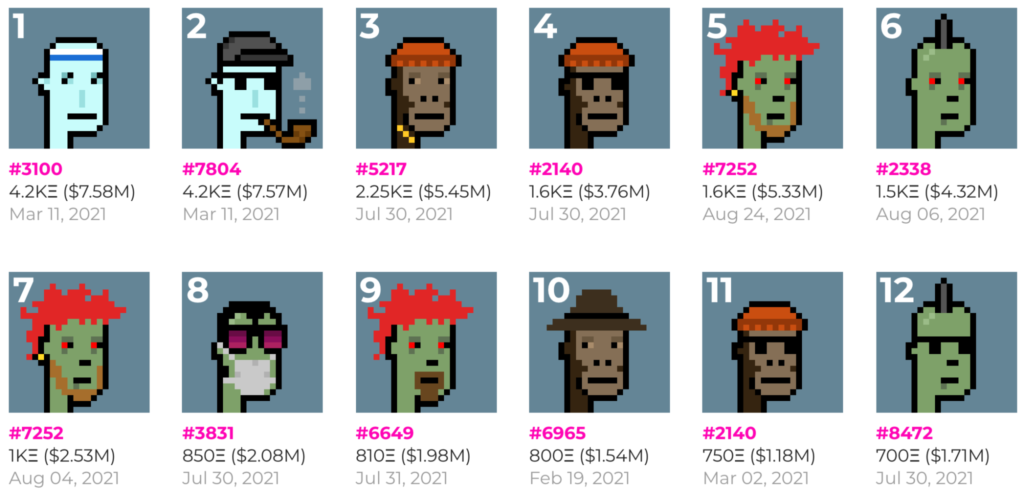Former Olympic snowboarder Ryan James Wedding has been hit with criminal charges for his alleged involvement in a billion-dollar cocaine trafficking ring that used the cryptocurrency Tether (USDT) to facilitate payments. The indictment, filed by the U.S. Department of Justice (DOJ) on Thursday. Accuses Wedding and 15 other defendants of running a transnational drug syndicate. Trafficking cocaine from Colombia through Mexico into the United States and Canada.
The indictment also alleges that the drug-trafficking gang was responsible for multiple murders as part of their illicit operations, using cryptocurrency in an attempt to evade law enforcement.
USDT Used to Evade Law Enforcement
The DOJ alleges that the crime syndicate used Tether (USDT)—a popular stablecoin in the cryptocurrency market—as a key part of their payment system. According to the indictment, members of the gang would use a Tether cryptocurrency payment service to send payments for large quantities of cocaine. For example, the indictment claims that co-defendant Bonilla sent USDT payments to Wedding and another co-defendant, Clark, for two kilograms of cocaine.
The payments were facilitated through QR codes. Allowing drug runners to quickly receive funds in USDT, a cryptocurrency favored for its ability to maintain a stable value pegged to the U.S. dollar. This digital payment method enabled the crime syndicate to process transactions discreetly while avoiding the volatility associated with other cryptocurrencies.
Massive Seizures in the DOJ’s Investigation
As part of the investigation, the DOJ has seized over $3.2 million in cryptocurrency, more than one ton of cocaine, three firearms, ammunition, and $255,400 in cash. These seizures represent just a fraction of the massive operation the authorities believe the syndicate was running.
Ryan James Wedding, the 47-year-old former snowboarder who represented Canada at the 2002 Winter Olympic Games, is now on the run, according to the FBI. Wedding had recently been living in Mexico, and U.S. authorities have issued a $50,000 reward for information leading to his capture and extradition.
Wedding’s Troubled History with Drug-Related Crimes
This is not Wedding’s first run-in with the law. His Olympic biography reveals that in 2008, Wedding was convicted of attempting to purchase cocaine from a U.S. government agent and was sentenced to four years in prison. Despite his past, the latest indictment alleges that Wedding rose to a leadership role within the drug-trafficking organization, overseeing shipments and payments involving cryptocurrency.
U.S. Attorney Martin Estrada emphasized the gravity of the charges in a statement: “As alleged in the indictment, an Olympic athlete-turned-drug lord is now charged with leading a transnational organized crime group that engaged in cocaine trafficking and murder, including of innocent civilians.”
Tether’s Role and Controversies
Tether (USDT) is the third-largest cryptocurrency by market cap and one of the most actively traded digital assets globally. It plays an essential role in the crypto ecosystem, allowing traders to quickly enter and exit trades or convert crypto to fiat currencies through traditional banking systems. However, Tether has been mired in controversy due to its slow responses to proving the reserves backing its stablecoin.
In 2021, Tether reached a settlement with the New York Attorney General after a two-year investigation revealed the company had “made false statements about the backing” of its stablecoin. As part of the settlement, Tether agreed to stop doing business in New York. Although the company regularly publishes quarterly attestations and transparency reports, U.S. regulators continue to raise concerns about the company’s lack of independent auditing.
Nevertheless, Tether has been working closely with law enforcement agencies to freeze funds suspected to be used by criminals, highlighting the fine line between the legitimate use of stablecoins in financial markets and their abuse by criminal organizations.
Conclusion
The charges against Ryan James Wedding for his alleged involvement in a cocaine trafficking ring that used Tether (USDT) shine a light on the growing intersection of cryptocurrency and organized crime. As the investigation unfolds, it underscores the complex role that digital assets play in both legitimate and illicit financial systems. With Wedding on the run and U.S. authorities offering a reward for his capture, the case continues to evolve, raising further questions about how cryptocurrencies like Tether are used—and abused—on the global stage.


